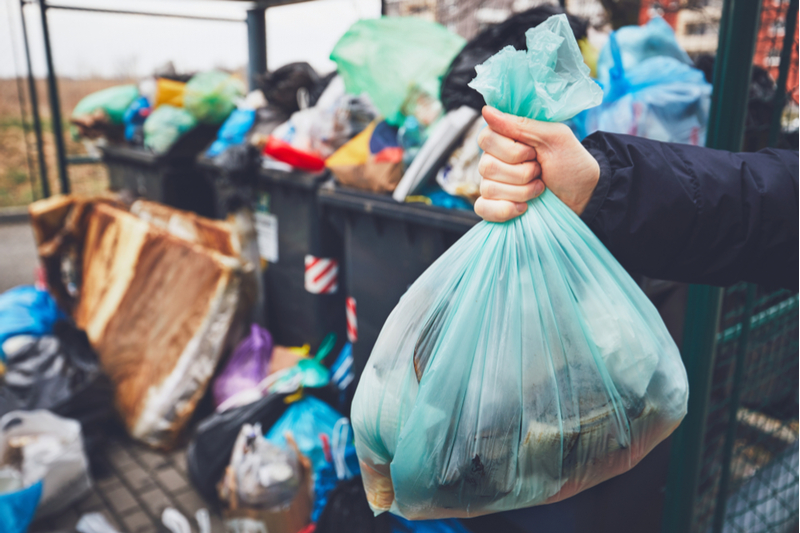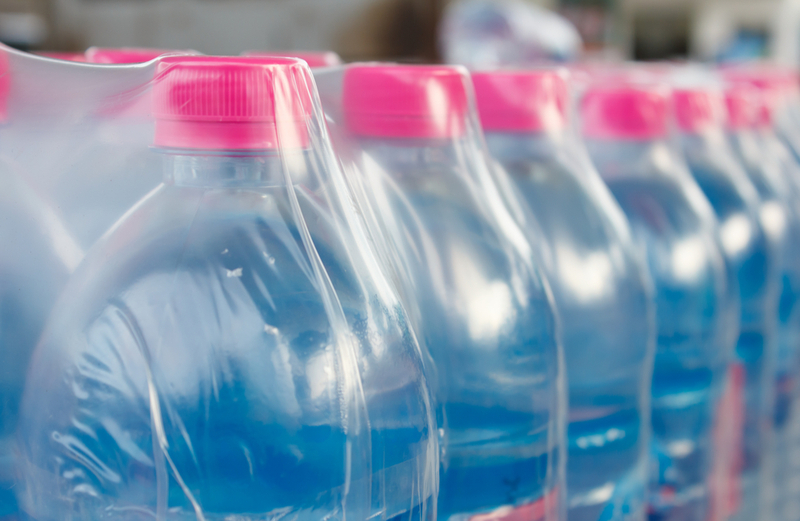How Defra is fighting to reduce the UK’s waste production
Waste production is seriously damaging the environment, polluting the air we breathe and the world’s various water sources. As a result, businesses and consumers alike have been making positive changes to reduce its production by embracing zero waste shops, renewable energy, recyclable packaging and other initiatives and innovations. However, there is still a lot that needs to be done to save the Earth.

In a recent report on UK Waste, it was estimated that the Commercial and Industrial sectors generated 41.1 million tonnes of waste in 2016 – and 33.1 million tonnes (around 80%) of this was produced in England alone1. Alongside commercial waste, domestic disposal and recycling are also under the spotlight.
To tackle the issue of waste and its detrimental effects on the environment, the government have set out plans to overhaul the UK’s waste system. Initially, these consultations will look at some key areas to improve the current waste problem such as:
Cutting plastic pollution and introducing Plastic Packaging Tax
As mentioned in the Budget 2018, from April 2022 a proposed new tax will be applied to the production and import of plastic packaging that has less than 30% recycled content2. This tax will incentivise businesses and organisations to use sustainable packaging solutions to help combat excessive waste.
Encouraging producers to take more responsibility for packaging and onward disposal
In a bid to encourage producers to use less packaging and recyclable alternatives, the government plans to see all costs of recycling borne by those that produce packaging waste3.
At present, producers only pay around 10% of the disposal cost. So overhauling the system could see manufacturers take more responsibility to avoid increased business costs.
Simple recycling
To help boost domestic recycling rates, these plans will also introduce a set of recyclable materials for collection in England. These guidelines will help to bring a consistent message for consumers, so there is limited confusion on what can be recycled and where. Alongside this scheme, consistent packaging labels will also be rolled out to inform people of recycling options.
Moving towards a circular economy
Taking inspiration from similar initiatives in Denmark, Finland and Germany, the consultation will also look at implementing a Deposit Return Scheme on drinks bottles4. Simply put, consumers will pay a small deposit when they buy a drink, and this is returned when they recycle an empty container. In Germany, this type of scheme has seen a 97% recycling rate with similar success in other countries.
Using a reverse-vending machine style process, businesses would take the lead to ensure they recycled upon return. Other variants of the above example are also being discussed to get the best results such as cash rewards as an alternative to a deposit.
What do these consultations mean for businesses?
Reducing commercial waste and improving sustainability across all industries is a crucial driver for many organisations. In the short term, changing manufacturing processes may cost more for producers. However, in conjunction with new regulations, companies will only feel the burden of increased costs if they do not facilitate appropriate changes to packaging materials.
All in all, Defra’s overhaul of the waste system in the UK is a very positive step towards a sustainable future for both consumers and businesses.
Source
1https://assets.publishing.service.gov.uk/government/uploads/system/uploads/attachment_data/file/784263/UK_Statistics_on_Waste_statistical_notice_March_2019_rev_FINAL.pdf
2 https://consult.defra.gov.uk/environmental-quality/plastic-packaging-tax/
3 https://www.gov.uk/government/news/government-sets-out-plans-to-overhaul-waste-system
4 https://www.gov.uk/government/news/deposit-return-scheme-in-fight-against-plastic